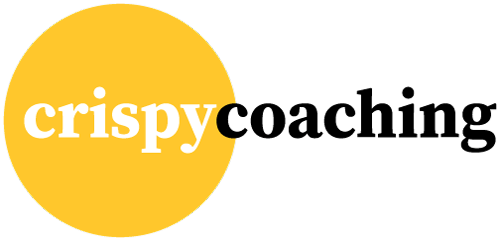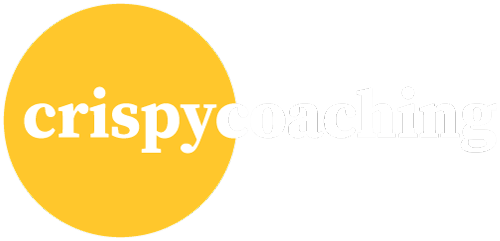Driving halfway across town for your next coaching appointment or just pulling out your smartphone?
Do I really have to get out of my busy business life and drive halfway across town for my coaching? Can’t this be done more efficiently? Just as we also make meditation, sports, learning and dating more efficient through the use of digital media? More and more managers looking for personal and professional development are asking themselves this question. Especially among target groups from predominantly digital environments, the interest in online coaching services has been increasing significantly for some years now. This is also making itself felt on the provider side. After American pioneers such as Betterup, many providers have recently found themselves on the German market: Coachhub, evelop-me from the company Kienbaum, Coachnow, Bettercoach, to name just a few of the new providers.
Coaching Apps are the simplest form of digital Coachings and function in their basis executions without a real Coach. They offer self-learning and reflection guidelines and are intended to accompany their users in controlling their development independently and purposefully. For example, you can set goals and the app reminds you to follow them and shows your personal progress or you are asked to continuously reflect through stimulating questions. In most cases you can open a paid chat with a coach.
If you want coaching to be more personal, but don’t have time to go to a coach, you can use E-coaching. E-coaching means that coaching sessions with a real coach are not vis-à-vis, but internet-based. The exchange between coach and client can take place with E-Coaching by means of video telephony or simply discussions via telephone. Written contact via e-mail or messenger services is also possible.
Larger surveys show that face-to-face coaching is still the most popular method. Having the coach in persona in front of you enables a deeper discussion and lively communication on various sensory levels. The one-to-one also offers the opportunity to spontaneously pursue ideas and facilitates the development of a trusting atmosphere in the coaching situation.
In a nutshell: Coaching apps are available convenient and a great add-on, but usually only cover specific application areas. E-coaching, on the other hand, offers a personal coaching experience and is flexible due to its location independence, but there are limitations of free exploration through the media used. Vis-à-vis coaching is characterized by the clarity of direct contact and the personal interaction between coach and coachee.
In my opinion, E-coachings are not an alternative, but a valuable supplement to existing offers. Where costly business coachings are often only offered to the C-level or top executives, online coachings offer companies the opportunity to individually support in the professional development of larger target groups.
I personally try to find out with my clients: what is the reason for the coaching, which topics should be dealt with and what are the general conditions like? Digital sessions offer a fantastic opportunity for development in everyday life for talents and leaders who are interested in targeted sparring, or for highly employed managers who want to exchange ideas with a trusted person.
However, it can also be said that the essence of coaching, the client’s support in the process of self-exploration, the discovery of one’s own goals and the planning of ways to achieve them, may be worth driving halfway across town from time to time.






